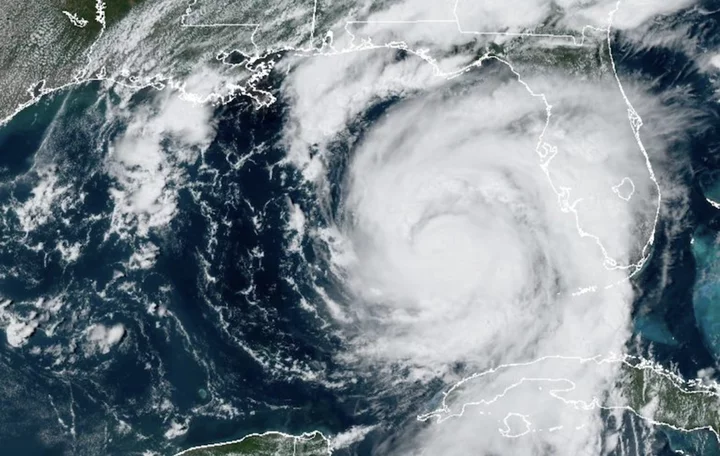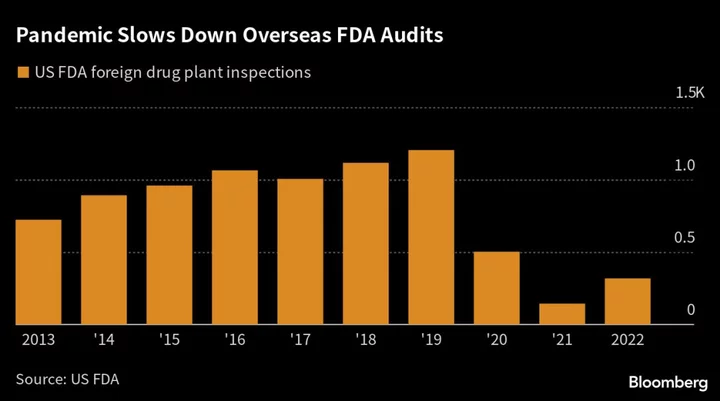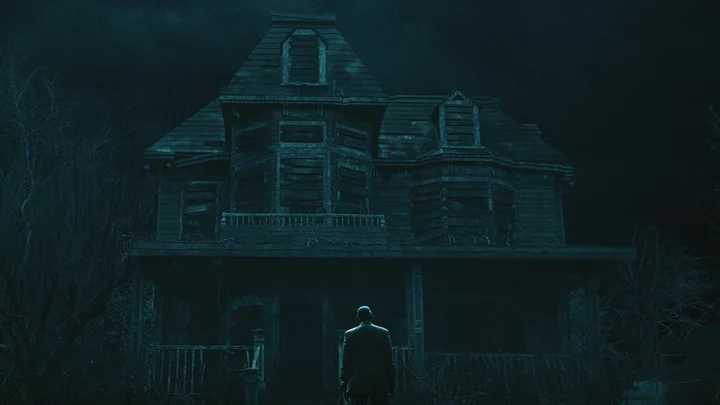
Blizzard’s Bailey McCann Wants To Close The Esports Gender Gap
Like many now working in the video game industry, Bailey McCann considers herself a lifelong gamer, but, growing up, gaming was mostly just a fun hobby that spoke to her competitive side. It wasn’t until she got to college that she discovered the esports scene. A friend found out that she played Overwatch, invited her to join their University of Maryland esports team, and the rest is history. McCann fell in love with esports and soon started working with grassroots-level organizations on planning and hosting related events and competitions.
2023-08-26 02:18

How to unblock and watch Australian Netflix for free
SAVE 49%: You can access Australian Netflix from anywhere in the world with a VPN.
2023-06-16 11:56

Hurricane Idalia's track is unprecedented — and dangerous
Hurricane Idalia is headed towards uncharted territory. The storm, still intensifying, is expected to grow
2023-08-30 05:25

Zip around town on an electric Segway scooter for $275 off at Best Buy
SAVE $275: As of July 7, the Segway Ninebot D40X electric kick scooter is on
2023-07-08 01:45

Turkmenistan vows to end smoking within two years
Turkmenistan's authoritarian leader launched an "unprecedented" anti-smoking crusade Thursday, ordering the Central Asia country to rid itself completely of...
2023-06-08 19:24

US FDA Uncovers Fresh Faults at India’s Second-Biggest Drugmaker
US Food and Drug Administration officials found multiple faults at a plant run by one of India’s biggest
2023-06-30 05:26

NYT's The Mini crossword answers for October 22
The Mini is a bite-sized version of The New York Times' revered daily crossword. While
2023-10-22 19:46

‘Today’ fans swoon over Al Roker’s ‘Sunday supper’ pics: 'Cookbook coming soon?'
Al Roker had his fans swooning over a mouthwatering Sunday supper that he showcased on his feed
2023-07-31 17:50

17 iOS 17 features we're very excited about
Did you hear? iOS 17 launched today, along with more than 100 new features, from
2023-09-18 19:28

Americans should reconsider travel to China due to the risk of wrongful detention, US State Department warns
Americans should reconsider travel to China due to the risk of wrongful detention, the US State Department warned in an updated travel advisory issued Friday.
2023-07-04 00:50

China's village basketball league a slam dunk
Thousands of raucous Chinese basketball fans pack tightly into a floodlit stadium filled with swirling fog, eager to spur on the teams...
2023-08-05 13:18

Supreme Court rejects challenge to Native American child welfare law
The Supreme Court has preserved the system that gives preference to Native American families in foster care and adoption proceedings of Native children
2023-06-15 22:29
You Might Like...

What's the state of Philippine human rights under Marcos?

Which 'Fall of the House of Usher' episode is based on which Poe short story?

Macau bets on China's 'Golden Week' holiday to stage comeback

Why was Michael Strahan absent from ‘GMA’? Host marks his return with two mouthwatering food segments

Elon Musk is killing all birds with one "X" shaped stone

Save up to 25% on Google Pixel phones even after Prime Day

4 of the Best Sunscreens, According to Dermatologists

How to watch California vs. Utah football without cable
